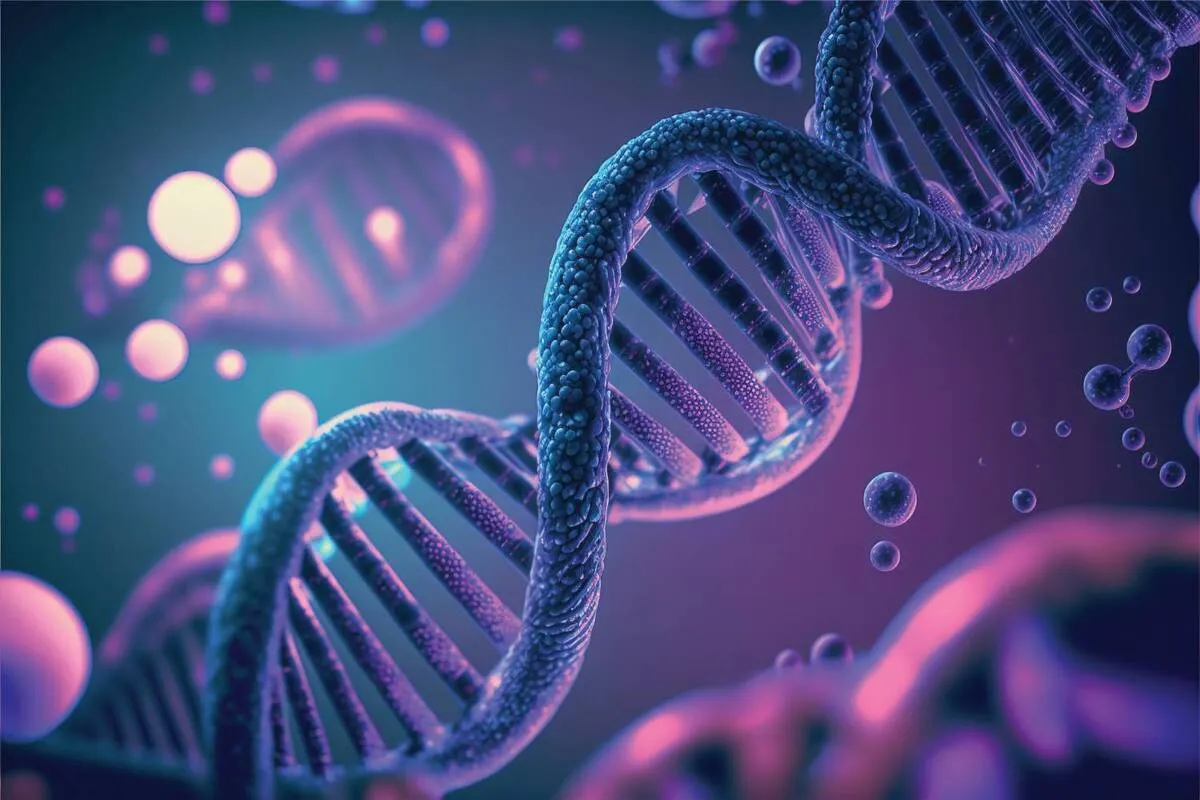30-Year Micronutrient Mystery Key to Cancer, Brain Health

An international team of scientists, led by researchers from the University of Florida and Trinity College Dublin, has solved a mystery that has puzzled biologists for decades: how the human body absorbs a crucial micronutrient needed for everything from brain function to cancer protection, the journal Proceedings of the National Academy of Sciences reported.
Queuosine, pronounced “cue-o-scene,” is a vitamin-like compound that the body cannot produce on its own. We can only obtain it through our diet and the bacteria in our gut. Although essential to health, its significance remained largely overlooked for years.
Now, in a study, researchers have identified the gene that allows queuosine to enter human cells. This discovery could lead to new therapies that harness the micronutrient’s role in cancer prevention, memory, and learning.
“For over 30 years, scientists have suspected that there had to be a transporter for this nutrient, but no one could find it,” said Valérie de Crécy-Lagard, a UF/IFAS microbiology and cell science distinguished professor and department associate chair, as well as one of the study’s principal investigators. “We’ve been hunting for it for a long time. This discovery opens up a whole new chapter in understanding how the microbiome and our diet can influence the translation of our genes.”
Queuosine alters molecules known as transfer RNA, which play a key role in building proteins and are essential for decoding your body’s DNA.
“It’s like a nutrient that fine-tunes how your body reads your genes,” she said. “The idea that this small compound, which people have barely heard of, plays such an important role, is fascinating.”
The gene that allows access to the cell has also been shrouded in medical mystery. The identification of the long-sought gene, SLC35F2, lays the groundwork for future studies that could lead to new medications, given that the gene has previously been studied regarding how viruses and cancer drugs get into cells, but scientists didn’t know what the gene did in a healthy body until now, de Crécy-Lagard said.
“We have known for a long time that queuosine influences critical processes like brain health, metabolic regulation, cancer and even responses to stress, but until now we haven’t known how it is salvaged from the gut and distributed to the billions of human cells that take it in,” said Vincent Kelly, professor in Trinity College Dublin’s School of Biochemistry and Immunology, and joint senior author of the article.
Queuosine is a microscopic molecule first discovered in the 1970s, but for years its role in human health flew under the radar until recently, and researchers from across the world involved in this study hope others take notice about this micronutrient’s role in the body’s bigger health picture.
The research united experts from UF, San Diego State University, the Ohio State University, and partner institutions in Ireland and Northern Ireland.
“We don’t think we could have cracked it without the full team,” de Crécy-Lagard said. “It’s a perfect example of what international collaboration can achieve.”
4155/v





















